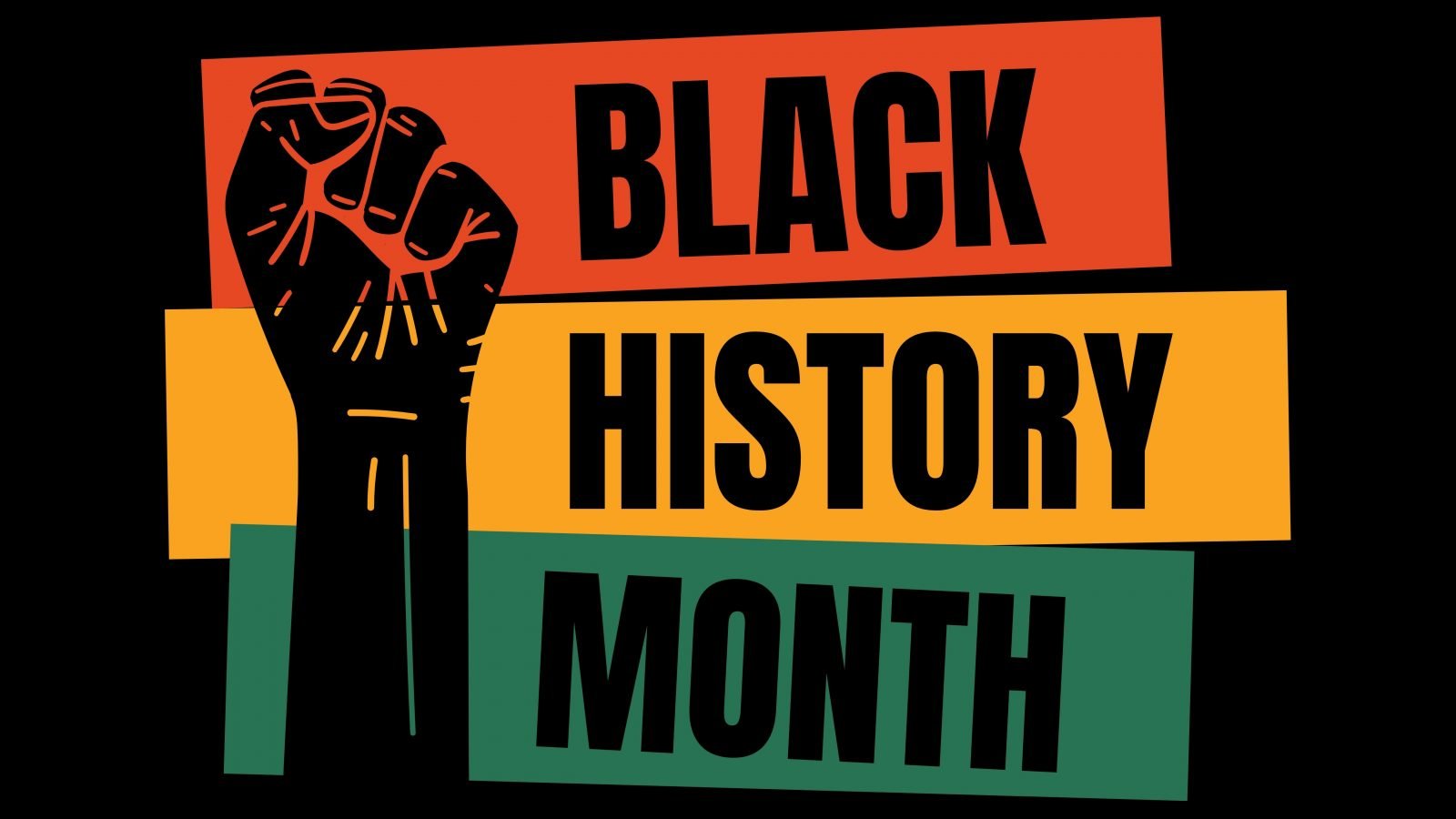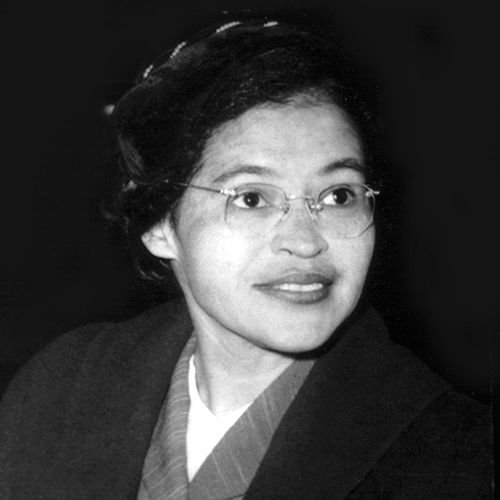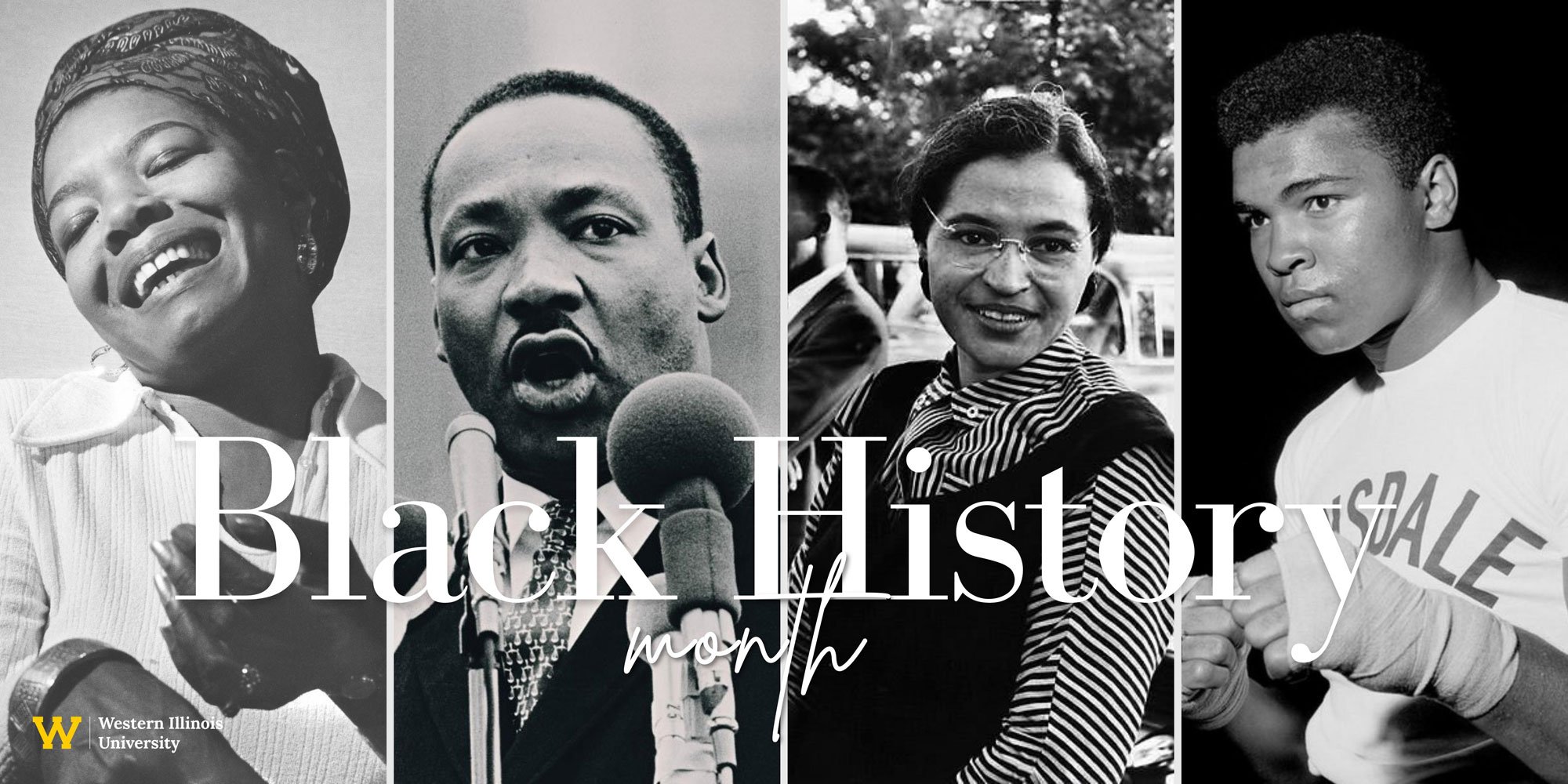The Evolution of Black History Month
By: Vennisa Owusu-Barfi
Origins of Recognition: Carter G. Woodson's Vision (1926)
Every February, the United States pays tribute to the indelible contributions of African Americans in shaping the nation's history. Black History Month, originally conceived as Negro History Week by Carter G. Woodson in 1926, has evolved into a global celebration of Black heritage, resilience, and achievements.
Source: Boston University
Woodson, often referred to as the "father of Black history," envisioned a dedicated time to promote the study of Black history and culture, initially designating the second week of February. This choice aligned with the birthdays of Abraham Lincoln and Frederick Douglass, symbolic figures associated with emancipation and the abolitionist movement.
Expanding Narratives: The Rise of the New Negro Generation (1920s)
Over the years, Negro History Week expanded, responding to the rising racial pride of the New Negro generation in the 1920s. Woodson aimed to shift the focus from celebrating two great men to recognizing the collective achievements of the entire Black community. He established the Association for the Study of Negro Life and History (ASNLH), which played a pivotal role in disseminating knowledge and promoting celebrations.
In 1976, Black History Month gained official recognition, marking a significant step towards acknowledging the neglected accomplishments of Black Americans. President Gerald R. Ford urged the nation to honor the rich history of African Americans in every field of endeavor. Since then, every U.S. president, regardless of party affiliation, has endorsed the annual theme presented by the ASNLH.
Civil Rights Icon, Rosa Parks | Source: biography.com
Global Impact: Black History Month Beyond Borders
Black History Month's impact transcends national borders, with countries like Canada, the United Kingdom, Germany, and the Netherlands joining the celebration. Today, the month goes beyond mere commemoration, fostering a year-round commitment to studying and appreciating the contributions of African Americans. Museums, film screenings, and various activities continue to promote awareness and understanding.
From left to right: Maya Angelou, Dr. Martin Luther King, Rosa Parks, Muhammad Ali | Source: Western Illinois University
As we celebrate Black History Month, it is a reminder that the journey from Negro History Week to a globally recognized and embraced Black History Month reflects the evolving narrative of a community's resilience, achievements, and ongoing pursuit of equality.
CELEBRATE BLACK HISTORY MONTH
This February, enjoy massive discounts on NKENNE Premium, and embrace the spirit of unity, knowledge and empowerment! Upgrade now and be a part of the celebration!


